Germany remembers Kristallnacht
Germany is preparing to mark the 70th anniversary of the Nazi-inspired Kristallnacht riots, amid warnings of a rise in far-right sentiment.
Sunday, 09.11.2008.
12:34

Germany is preparing to mark the 70th anniversary of the Nazi-inspired Kristallnacht riots, amid warnings of a rise in far-right sentiment. A ceremony will be held at Berlin's largest synagogue with a classical and pop concert held later in the day. Germany remembers Kristallnacht Chancellor Angela Merkel has called on the country to fight racism and anti-Semitism "with determination". Kristallnacht, or the Night of Broken Glass, is often regarded as the starting point of the Holocaust. Millions were killed by the Nazi regime, including about six million Jewish people. On November 9 and 10, 1938, Nazi storm troopers ransacked thousands of Jewish homes and businesses and burnt synagogues. More than 90 Jewish people were murdered and about 30,000 Jewish men were sent to concentration camps. In her weekly internet video message, Merkel said that many Germans at that time "did not want to see" what was happening. "We know the unspeakable began that day and ended with the Holocaust," she said. "We must guard that memory not only out of duty towards the victims but also to ensure that it does not happen again." On Sunday, Merkel will attend a commemoration service with the Central Council of Jews in Germany at a restored synagogue in Berlin which survived the 1938 violence. On Sunday evening, a concert entitled "Tu Was", or "Do Something", will be held at Berlin's Tempelhof airport. Its organizer, British violinist Daniel Hope, said he was inspired by reading a book about the events in 1938 and realizing there was nothing to mark the day other than the official ceremony. "It's difficult to know how to commemorate a day of tragedy," he said. "It is a wonderful chance for everybody to think about things. Not doing something is the worst thing anyone can do". The anniversary comes at a time of concern that far right sentiments are on the rise in Germany. On Saturday, police estimated that about 600 people marched in Fulda in central Germany to protest against a march by members of the right wing National Democratic Party (NPD). Demonstrators held up signs saying that Fulda was "a Nazi-free zone" and waved Israeli flags. Police said the demonstrations were peaceful and the two groups were kept apart. The secretary general of the Central Council of German Jews, Stephan Kramer, has said there should be better education for Germany children about the events of the Nazi era. Kramer told a German newspaper that young people should "more than ever at the moment be warned against the dangers of the future, of a new anti-Semitism and of the far-right". In this June 19, 1938 file picture, the word Jude (Jew) is smeared to the windows of a shop in Berlin (Beta/AP)
Germany remembers Kristallnacht
Chancellor Angela Merkel has called on the country to fight racism and anti-Semitism "with determination".Kristallnacht, or the Night of Broken Glass, is often regarded as the starting point of the Holocaust.
Millions were killed by the Nazi regime, including about six million Jewish people.
On November 9 and 10, 1938, Nazi storm troopers ransacked thousands of Jewish homes and businesses and burnt synagogues.
More than 90 Jewish people were murdered and about 30,000 Jewish men were sent to concentration camps.
In her weekly internet video message, Merkel said that many Germans at that time "did not want to see" what was happening.
"We know the unspeakable began that day and ended with the Holocaust," she said.
"We must guard that memory not only out of duty towards the victims but also to ensure that it does not happen again."
On Sunday, Merkel will attend a commemoration service with the Central Council of Jews in Germany at a restored synagogue in Berlin which survived the 1938 violence.
On Sunday evening, a concert entitled "Tu Was", or "Do Something", will be held at Berlin's Tempelhof airport.
Its organizer, British violinist Daniel Hope, said he was inspired by reading a book about the events in 1938 and realizing there was nothing to mark the day other than the official ceremony.
"It's difficult to know how to commemorate a day of tragedy," he said.
"It is a wonderful chance for everybody to think about things. Not doing something is the worst thing anyone can do".
The anniversary comes at a time of concern that far right sentiments are on the rise in Germany.
On Saturday, police estimated that about 600 people marched in Fulda in central Germany to protest against a march by members of the right wing National Democratic Party (NPD).
Demonstrators held up signs saying that Fulda was "a Nazi-free zone" and waved Israeli flags.
Police said the demonstrations were peaceful and the two groups were kept apart.
The secretary general of the Central Council of German Jews, Stephan Kramer, has said there should be better education for Germany children about the events of the Nazi era.
Kramer told a German newspaper that young people should "more than ever at the moment be warned against the dangers of the future, of a new anti-Semitism and of the far-right".










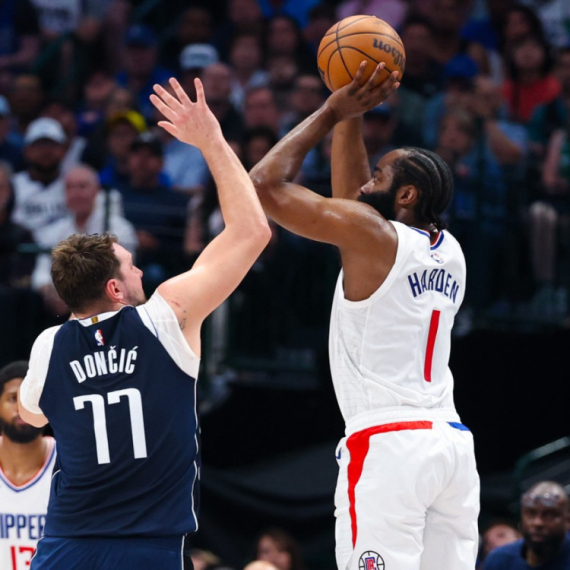
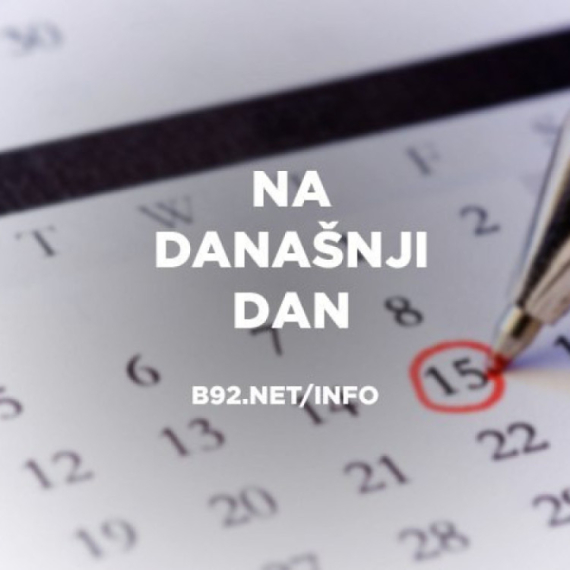
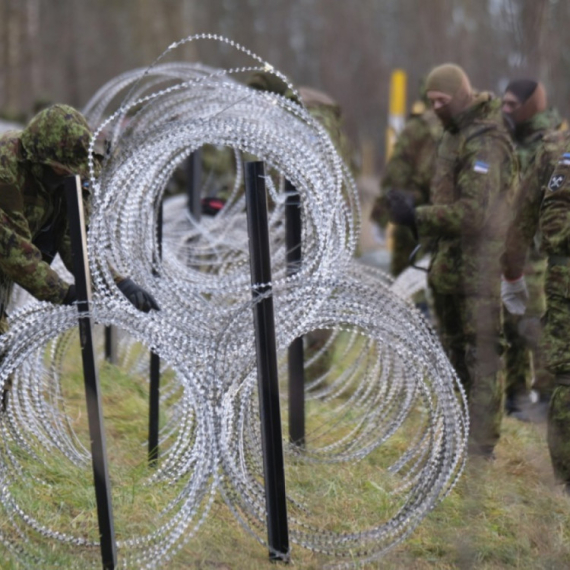
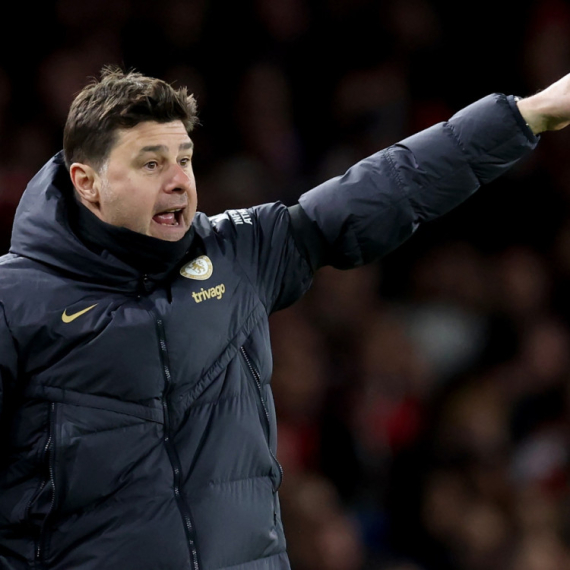
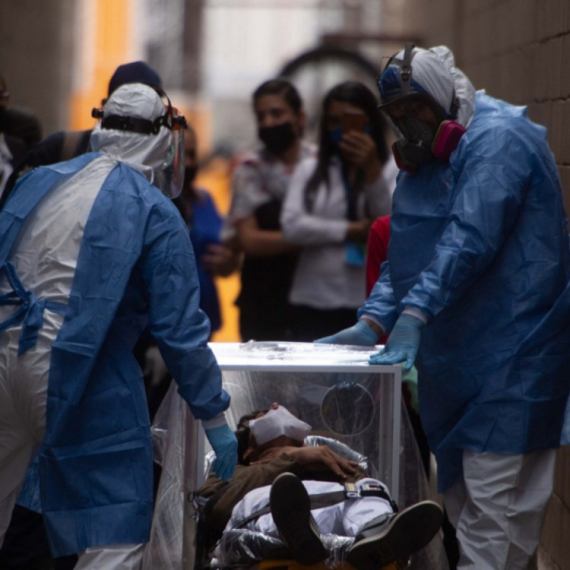
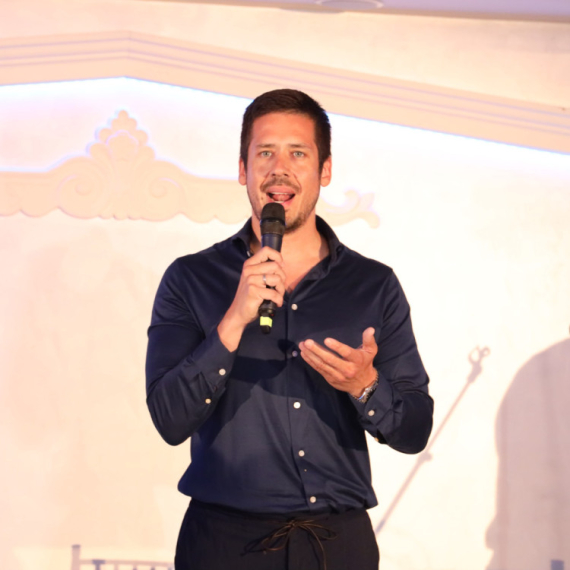
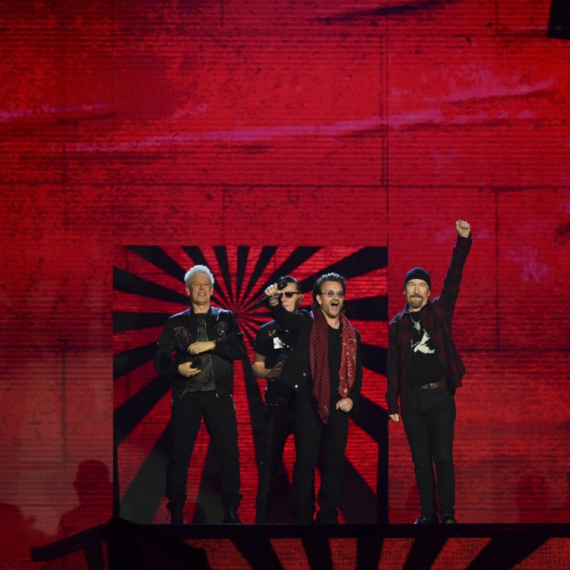

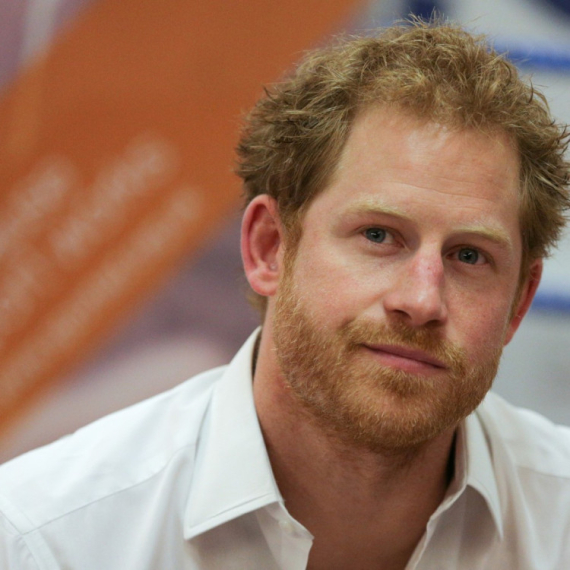





















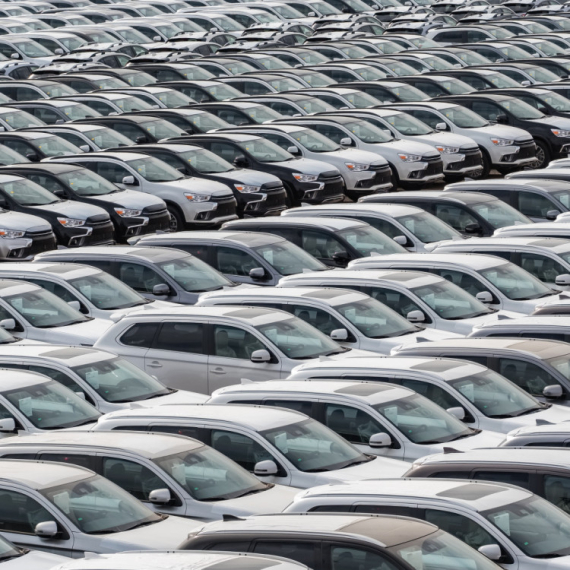

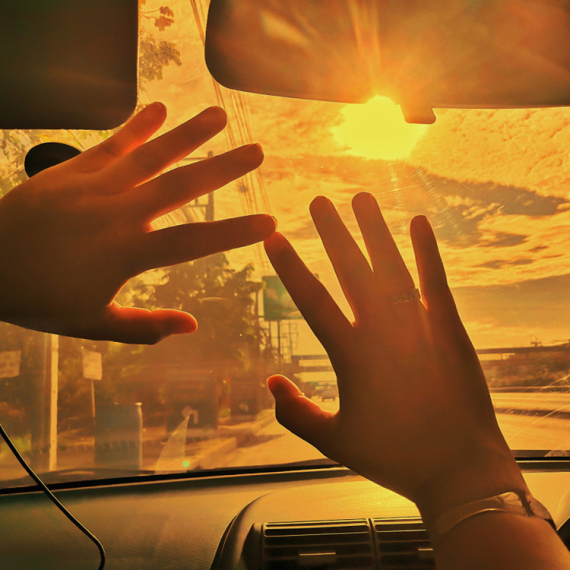


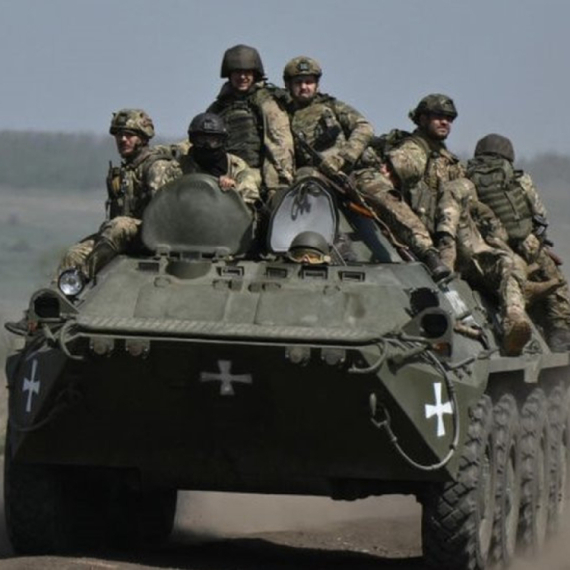
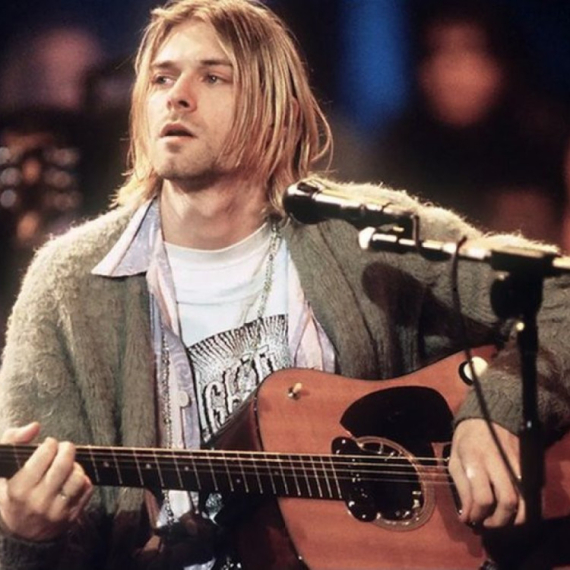
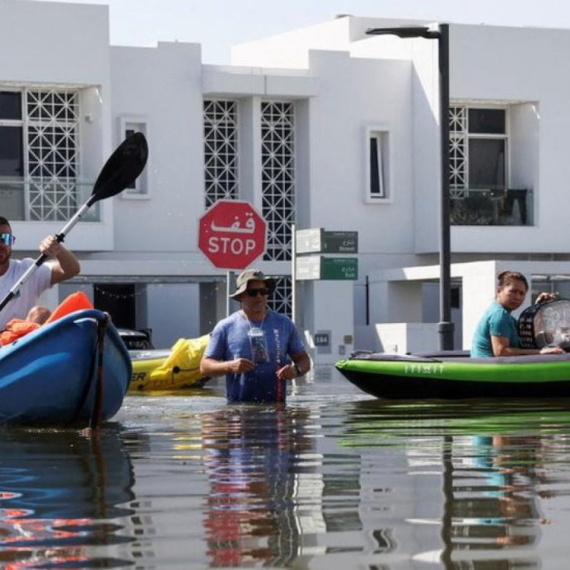
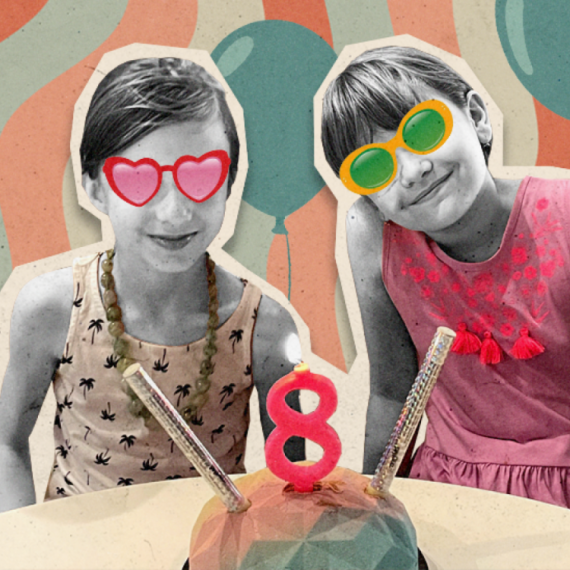
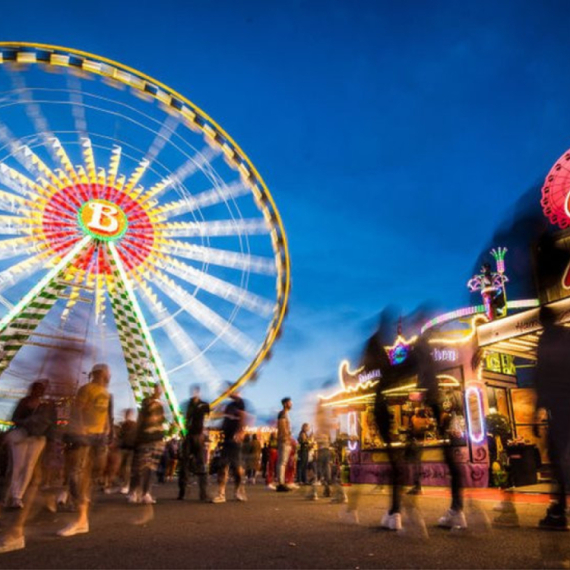

Komentari 0